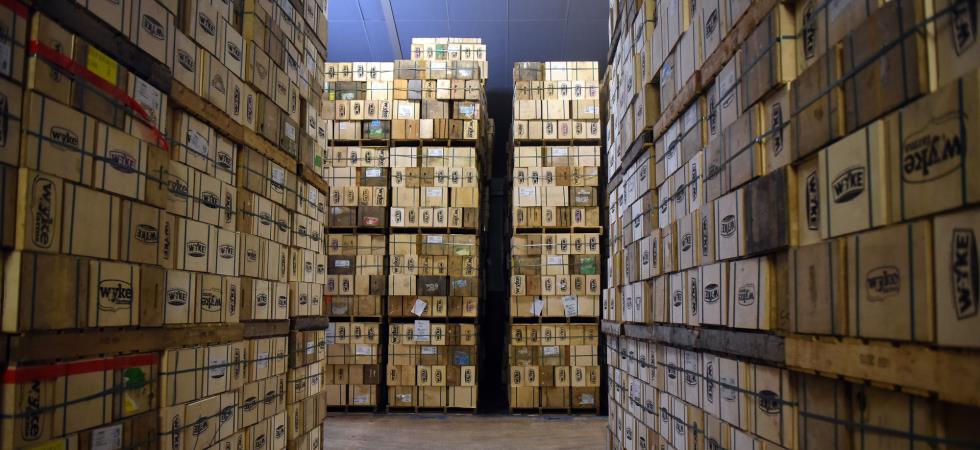The Cold Chain Federation has urged government to ensure that any plans to set new ‘energy performance standards’ for industrial buildings must reflect the unique role of cold storage facilities and energy challenges involved in keeping products safe that are distinct from non-refrigerated warehouses.
The Federation represents businesses in the UK which store and move frozen and chilled food. It has explained this need to differentiate cold storage in a written response to the Department for Business, Energy and Industrial Strategy’s consultation on introducing a performance-based policy framework in large commercial and industrial buildings, which sets out early proposals for a ratings system linked to a building’s energy performance.
The Cold Chain Federation says that any future ratings systems would need to include a category uniquely designed for cold storage because like-for-like comparisons cannot be made between cold storage and other types of storage facility or warehousing. It adds that this bespoke cold storage category would also need to account for the wide range of energy requirements associated with different essential cold storage services, such as blast freezing and tempering.
Cold Chain Federation policy director Tom Southall said: “Cold storage facilities provide essential services which are crucial to the UK’s reliable and robust food chain, as well as being on the frontline for minimising food waste, particularly in a warming world. Delivering these crucial services depends on a level of energy use that is different to the needs of other types of storage facility. Businesses in the cold chain are committed to improving their energy efficiency and are already making great strides in improving the energy efficiency of their buildings, not least through the very successful cold storage Climate Change Agreement which has seen its cold storage signatories make energy efficiency improvements of 16% between 2012 and 2018.
“This BEIS proposal represents early-stage Government discussions but it is important that we make the point right from the start of the conversation that any future ratings system would need to recognise the unique operations, requirements, and demands on the cold storage sector. If Government decides to move these proposals forward, we would welcome discussions with BEIS about how to ensure any future ratings system is fair, logical and designed to achieve genuine energy efficiency improvements through a unique category for cold storage facilities.”
The Cold Chain Federation’s consultation response also makes the point that Government would need to ensure a robust structure of support was made available, particularly for SME’s, to enable investment in expensive new equipment or upgrades ahead of any rating system coming into force, to prevent asset value crashes and smaller and medium sized operators being left behind. Options could include the extension of the CCA Scheme beyond 2025, along with direct grants for emerging technologies, tax allowances for investments in low energy solutions, or Government-backed interest free borrowing.









